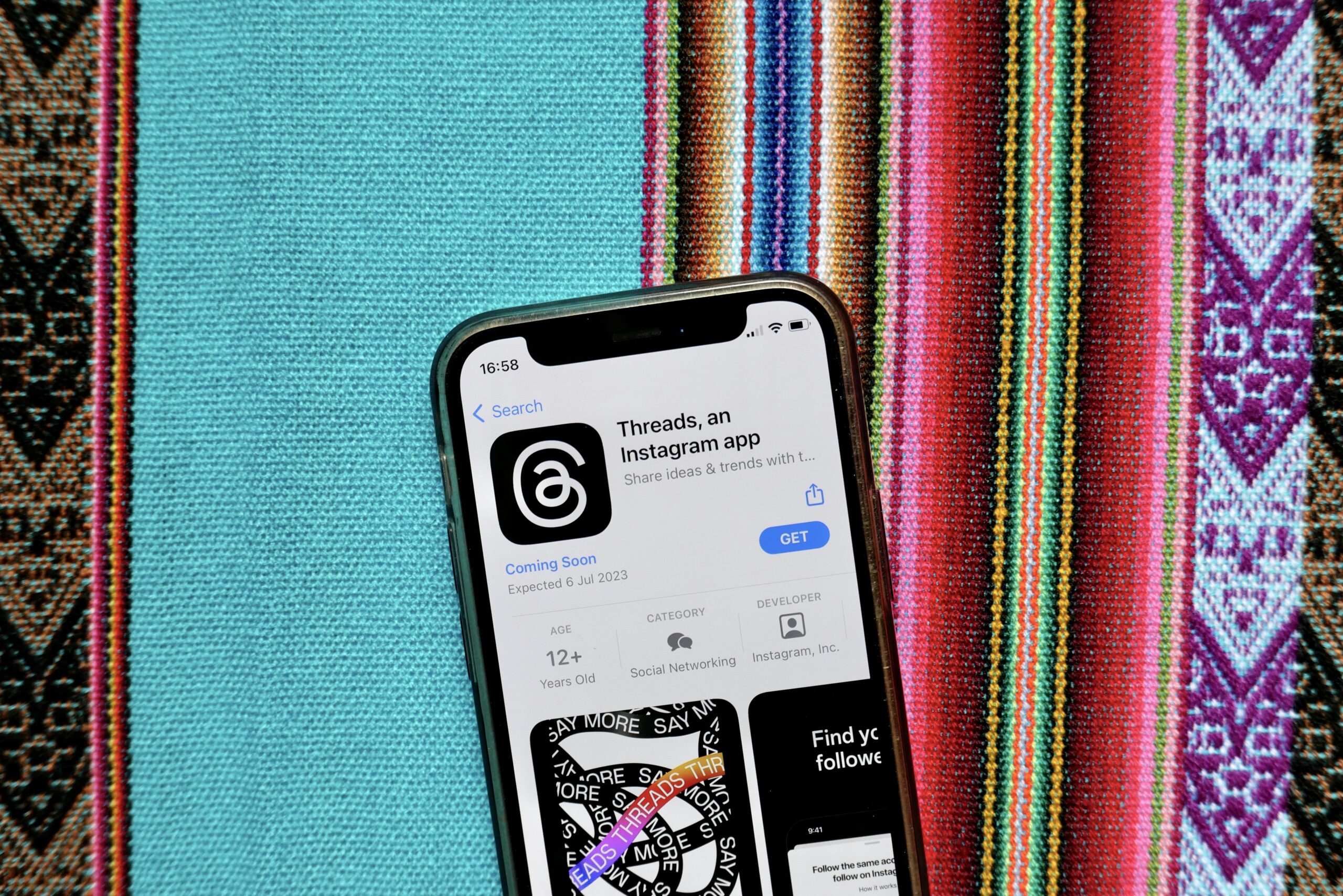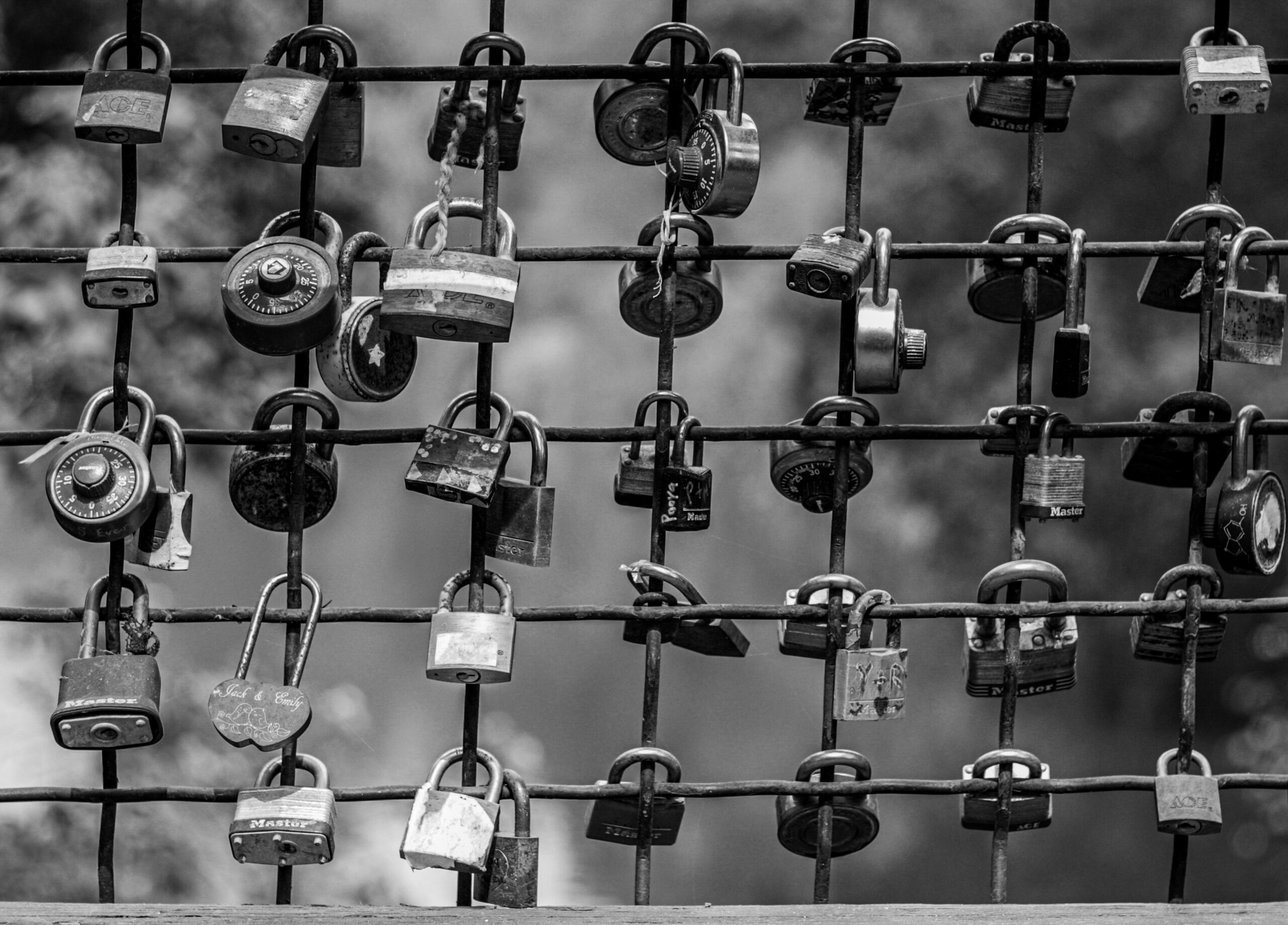#Coronacomms: Coronavirus has prompted a return to authenticity in communications. It could change how we work after the crisis
Three years ago, global TV audiences were enchanted by two young children who invaded their father’s home office, gate-crashing his video interview with BBC News. The clip went viral.
In the wake of the coronavirus lockdown, what was unusual then has virtually become the norm. Most of us now work from home, with video conferencing the standard form of communication – complete with interruptions from children and pets.
It’s part of what is now often referred to as the ‘new normal’, and its impact is set to linger on, even once the crisis is over and lockdowns ease around the world.
Why? Not only because the business case for remote working is now irreversible but, more importantly, because these new ways of working have allowed – no, forced us – to show more of ourselves and to be more authentic as a result.
The new ‘business as usual’
Some of us may feel uncomfortable revealing so much of our ‘real life’, maybe even think it ‘unprofessional’ if a child interrupts a conference call or the dog demands to be fed.
But Ashish Babu, Chief Marketing Officer for Europe and the UK at Tata Consultancy Services (TCS), observes: “Someone’s alarm or doorbell will go off, and I think you’ve got to just assume that is business as usual. The simple headline is that we’re all human, and this is going to be the new norm, and we just get on with our business. What matters is good content and good interactions.”
What the lockdown has given us is a heightened level of authenticity and transparency in our communications. We are connecting at a human level because we are revealing more of ourselves than we would typically do in the office. And we’re building stronger relations as a result.
Connecting socially − remotely
Deborah Turness, head of NBC News International, was building her team for a new global news channel, NBC Sky World News, when the lockdown hit. While the channel’s launch is on hold, her “remote army” is delivering content to NBC’s global operations.
And Deborah is emphatic that her connection with the new team has benefited rather than suffered from the current situation: “I think I’ve gotten to know my team better than I ever would have if we were in the newsroom together. Because we’re sharing, we’re letting our guard drop a little bit, and using the platform to come together in a social way as well. And yes, we actually have a glass of wine together. We share cooking tips. It’s really refreshing.“
This authenticity doesn’t just extend to interpersonal relations but also content creation.
An antidote to ‘fake news’
In the nightly news, we now see politicians in their living rooms, wobbly mobile footage, and journalists finding new, more ‘grassroots’ ways of telling stories using the tools currently available to them.
While this may take some getting used to, it also brings audiences and journalists closer together to rebuild a relationship of trust.
This is particularly important in this era of fake news and diminishing trust between the audience and the news providers, says Deborah Turness. She points to market research by NBC which shows that, rather than being presented with an all-too-perfect final product, audiences want to know what journalists do and how they get their stories – warts and all, including any mess-ups along the way.
“Don’t just tell me what you know. Show more of your working. Let me know I can trust you by showing me that I can trust you. Strip away some of that gloss that conventionally comes in particularly television news. The real story of news is something much more essential, visceral.”
The limitations imposed by the lockdown – if they are indeed limitations – allow news reporters to create much greater intimacy and understanding, and with that a chance to restore the audience’s dwindling trust in them.
Turning limitations into opportunities
The same applies to business relationships and communications. In adapting to the new normal, aiming for a ‘human-first’ experience in all communications is critical, says Ashish Babu of TCS.
Several conferences have already moved to online channels as a result of the lockdown, with more heading in the same direction. But there is potential for many other daily business interactions to draw on the human element that platforms like Zoom, Skype, Teams and others convey.
While our interaction with these tools is currently driven by the lockdown, it’s in our interest to stick with them beyond the crisis and help make communications more transparent – rather than simply slip back to the ‘old ways’.
READ MORE:
#Coronacomms: Building a compelling virtual event – 4 key steps
#Coronacomms – Getting Virtual: tips & techniques to put life back into virtual communications
If you would like to know more about virtual communication strategies, please email gay@formativecontent.com
About the author: Gay Flashman is the CEO and founder of Formative Content. Last year, she was named in Thrive Global’s Top Female Creatives of 2019 list. Connect with her on LinkedIn here.

Related Articles

AI won’t destroy SEO – but it will massively change the game
“The reports of my death are greatly exaggerated,” Mark Twain is said to have told a newspaper reporter.

Where creativity and technology meet: a designer’s view on artificial intelligence
My favourite things usually exist where creativity and cutting edge technology meet.

What does the launch of Twitter-alternative Threads mean for B2B marketers?
Threads, a Meta-owned alternative to Twitter, is set to launch on Thursday.

Protecting your brand in the age of generative AI
Imagine a deep fake video supposedly of your CEO making a market-moving statement going viral on the web.



